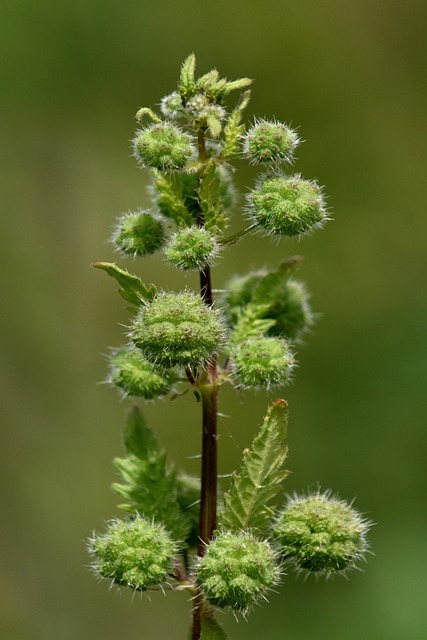In Connecticut, THCA (Tetrahydrocannabinolic Acid), a non-psychoactive cannabinoid found in hemp and the precursor to THC, is legal under specific state guidelines that stipulate THC content must be 0.3 percent or less. The Connecticut Department of Consumer Protection regulates THCA products, aligning with federal standards from the 2018 Farm Bill. While possession is permissible, sale and distribution are subject to additional state regulations and licensing requirements. THCA flowers are differentiated from other cannabis forms with higher THC content, which fall under medical or adult-use programs. Consumers in Connecticut are encouraged to stay informed about the evolving legal status of THCA to ensure compliance with both state and federal laws. The recent legislative changes in Connecticut have legalized THCA flowers, reflecting a growing interest in their potential wellness benefits, which include anti-inflammatory and neuroprotective effects. Consumers can experience these effects through various methods, including smoking, vaporizing, or infusion into oils or edibles, with careful dosing due to the compound's subtle impact. The state's regulatory environment ensures consumer safety through clear labeling, accurate product information, and compliance with federal THC limits, emphasizing the importance of understanding the legal framework surrounding THCA in Connecticut.
Explore the nuanced landscape of THCA flower legality, medicinal benefits, and cultivation practices within Connecticut. This article delves into the burgeoning popularity of THCA flowers, a non-psychoactive cannabinoid precursor to THC, which differs notably from both CBD and THC in its effects and uses. We’ll guide you through understanding the legal status of THCA flowers in the state, offering a comprehensive overview for farmers and enthusiasts alike. Additionally, we’ll highlight the therapeutic properties of THCA, explore optimal consumption methods, and examine the regulatory framework that governs their use. Join us as we unravel the potential of THCA flowers under Connecticut law.
- Understanding THCA Flower Legality in Connecticut: A Comprehensive Overview
- The Rise of THCA Flowers: What Are They and How Do They Differ from CBD and THC?
- Harvesting and Cultivating THCA-Rich Cannabis: Tips for Farmers and Enthusiasts in Connecticut
- The Medicinal Benefits of THCA Flower: Insights into Its Therapeutic Properties
- Consuming THCA Flowers: Methods and Best Practices for Maximizing Effects
- Regulatory Framework Governing THCA Flowers in Connecticut: Compliance and Consumer Rights
Understanding THCA Flower Legality in Connecticut: A Comprehensive Overview
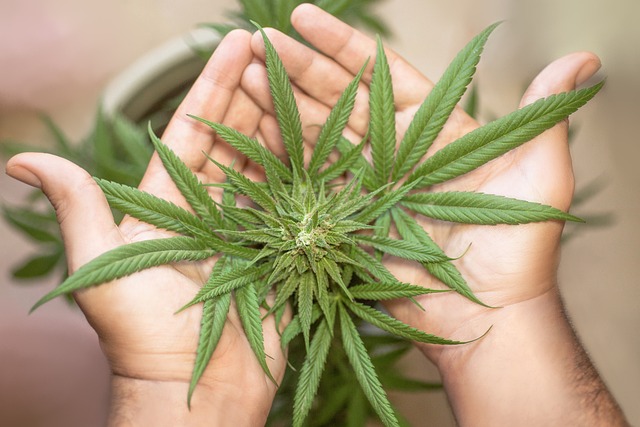
In recent years, the conversation surrounding cannabinoids and their legal status has become increasingly nuanced. Thorough understanding of THCA (Tetrahydrocannabinolic Acid) flower legality in Connecticut is paramount for consumers and stakeholders alike. THCA, the precursor to THC (Tetrahydrocannabinol), possesses unique properties distinct from its psychoactive form. As of the knowledge cutoff date, Connecticut’s legislative framework allows for the possession and use of THCA flowers under certain conditions. The Connecticut Department of Consumer Protection outlines clear guidelines regarding the legality of THCA flowers; they are permissible provided they contain 0.3 percent or less of delta-9-tetrahydrocannabinol (THC), the compound that causes the ‘high’ associated with cannabis. This regulatory threshold aligns with the federal government’s definition of hemp, as per the 2018 Farm Bill, which legalized hemp and its derivatives, including THCA, so long as they meet the aforementioned criteria. Consumers interested in the therapeutic or recreational effects of THCA flowers must stay informed about the evolving laws, as state and federal regulations can change. It’s crucial to note that while possession of THCA flowers is legal under the mentioned conditions, their sale and distribution are subject to additional regulations and licensing requirements. In Connecticut, a clear distinction is made between hemp-derived cannabinoids like THCA and other forms of cannabis that contain higher levels of THC, which remain regulated under the state’s medical or adult-use programs. Navigating the legality of THCA flowers in Connecticut requires vigilance and a thorough understanding of both state and federal laws to ensure compliance and safety.
The Rise of THCA Flowers: What Are They and How Do They Differ from CBD and THC?
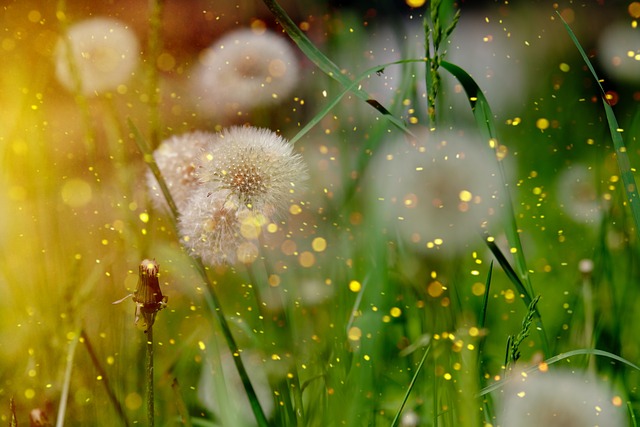
THCA, or tetrahydrocannabinolic acid, is a natural cannabinoid found in the Cannabis sativa plant and is gaining attention for its potential wellness benefits. Unlike its well-known counterparts, CBD (cannabidiol) and THC (tetrahydrocannabinol), THCA exists in the raw cannabis flower and has a distinct profile. As of recent legislative updates, such as those in Connecticut where THCA flowers are considered legal provided they meet state guidelines, consumers and enthusiasts are exploring this non-intoxicating compound. Unlike THC, which is the psychoactive component of cannabis, THCA does not induce a high but interacts with the body’s endocannabinoid system, potentially offering wellness benefits without psychoactive effects.
The rise of THCA flowers has led to a paradigm shift in how consumers approach cannabis for both therapeutic and recreational purposes. In states like Connecticut where THCA legal status aligns with the broader legal framework, these flowers are being used in various ways, including infusions, extractions, and direct consumption. The legality of THCA flowers hinges on the specific laws regarding cannabinoids; while THC is heavily regulated due to its psychoactive properties, THCA’s non-intoxicating nature often allows it to navigate legal landscapes more freely. This has opened up new avenues for research into the potential benefits of THCA, making it an exciting area within the broader cannabis industry. Consumers interested in exploring the effects of THCA should always ensure they are complying with local laws and regulations.
Harvesting and Cultivating THCA-Rich Cannabis: Tips for Farmers and Enthusiasts in Connecticut
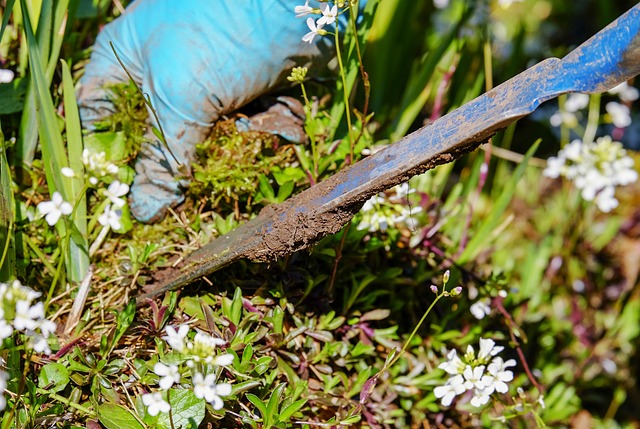
Connecticut’s regulatory framework has paved the way for farmers and enthusiasts to cultivate THCA-rich cannabis, provided they comply with the state’s legal requirements. Harvesting THCA-rich flowers requires precision and understanding of the plant’s natural growth cycle. To ensure a successful harvest, it’s crucial to monitor trichome formation under optimal growing conditions, which typically involve a controlled environment with precise temperature and humidity levels. These conditions facilitate the synthesis of THCA, the non-psychoactive precursor to THC found in cannabis plants.
Once the trichomes mature and exhibit a cloudy appearance, indicating peak THCA concentration, it’s time for careful handling to avoid degradation during the drying and curing process. Farmers and enthusiasts should consider using a drying room with controlled temperature and humidity to hang-dry the plants gently, ensuring that moisture is removed evenly without compromising the integrity of the THCA. After drying, a dark, consistent environment for curing can help preserve the cannabinoid profile, enhancing the potency and efficacy of the final product. Adherence to these practices will not only optimize THCA yields but also adhere to Connecticut’s legal standards for THCA-rich cannabis cultivation.
The Medicinal Benefits of THCA Flower: Insights into Its Therapeutic Properties
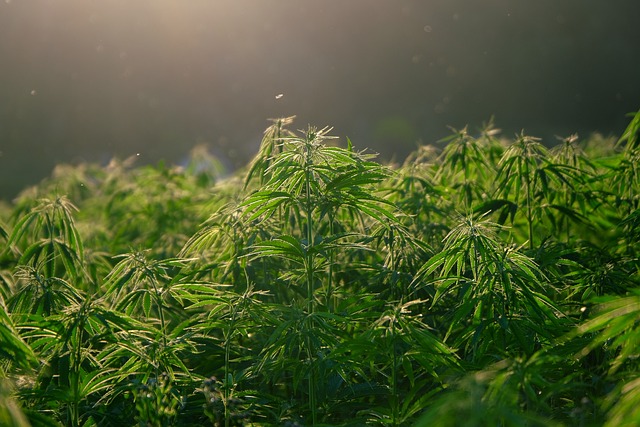
THCA, or Tetrahydrocannabinolic Acid, is a naturally occurring compound found in the Cannabis sativa plant that has garnered attention for its potential therapeutic properties. Unlike its well-known isomer THC (Delta-9-tetrahydrocannabinol), THCA is non-psychoactive, making it an attractive option for those seeking the medicinal benefits without the psychoactive effects. Preliminary research suggests that THCA may offer a range of health advantages, including anti-inflammatory and neuroprotective effects. In this context, it’s worth noting that in Connecticut, where certain cannabis products are legally permissible under state law, THCA flower has become a subject of interest among patients and healthcare providers alike.
The therapeutic properties of THCA are believed to stem from its interaction with the body’s endocannabinoid system, which plays a crucial role in regulating physiological processes like mood, pain sensation, and immune response. Proponents claim that THCA may help alleviate symptoms associated with various conditions, including chronic pain, inflammation, and neurodegenerative disorders. For instance, its anti-inflammatory properties could make it a valuable addition to the treatment plans of individuals suffering from arthritis or other inflammatory conditions. Additionally, preclinical studies have indicated that THCA may possess antiemetic qualities, making it potentially beneficial for nausea and vomiting related to chemotherapy. As research continues to evolve, the medicinal benefits of THCA flower are becoming increasingly apparent, offering hope for a variety of therapeutic applications. In Connecticut, where regulations allow for the use of cannabis products for medical purposes, individuals have the opportunity to explore these potential wellness benefits under the guidance of healthcare professionals.
Consuming THCA Flowers: Methods and Best Practices for Maximizing Effects
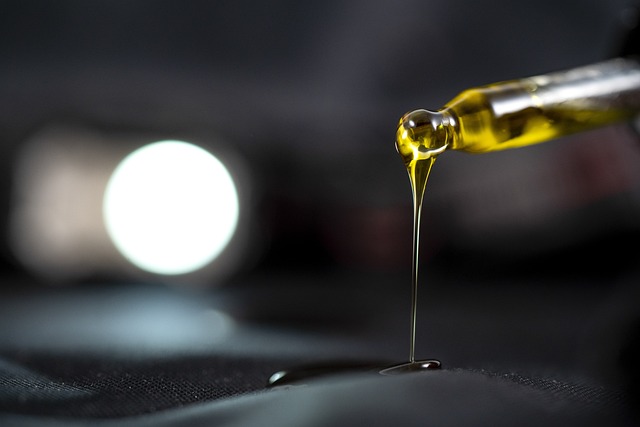
THCA, or Tetrahydrocannabinolic Acid, is a non-psychoactive cannabinoid found in raw cannabis plants, including flowers. With the legal status of hemp-derived THCA clarified under the 2018 Farm Bill and its derivatives, including in states like Connecticut where it’s legal, consumers are exploring its potential benefits. Consuming THCA flowers can offer a unique experience distinct from its decarboxylated form, THC. To maximize the effects of THCA flowers, it’s crucial to understand the best consumption methods and practices.
One popular method for consuming THCA flowers is through smoking or vaporizing them. This allows for direct inhalation of the cannabinoid, bypassing the digestive system which would otherwise convert THCA into THC upon heating during digestion. When choosing this method, it’s important to use a high-quality vaporizer or glass apparatus designed for flower consumption to ensure even heat distribution and to avoid combustion, which can produce harmful byproducts. Another method is infusion, where THCA flowers are infused into oils, butter, or other edibles; this process preserves the acidic form of THC until it’s activated through decarboxylation at a later point when consumed. Infusion requires precise temperature control to maintain the integrity of THCA. Additionally, dosing should be considered carefully, as the effects of THCA can be subtle but impactful. It’s always recommended to start with a lower dose and gradually increase it based on individual tolerance and desired effects. Whether choosing to inhale or infuse, understanding the legal landscape, such as the THCA legal status in Connecticut, is essential for a responsible and compliant experience. Adhering to these best practices will help consumers fully utilize the potential benefits of THCA flowers while ensuring they stay within the bounds of the law.
Regulatory Framework Governing THCA Flowers in Connecticut: Compliance and Consumer Rights
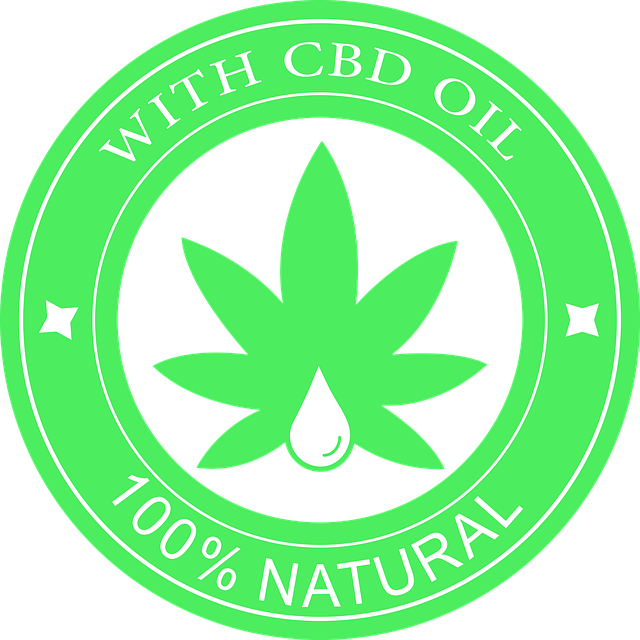
In Connecticut, the regulatory framework surrounding the use and sale of THCA flowers is governed by state laws that reflect the evolving landscape of cannabis legislation. As of the knowledge cutoff in 2023, THCA-rich hemp products are legal under the 2018 Farm Bill federal guidelines and the Connecticut General Statutes. However, it’s crucial for consumers and businesses to stay updated with local regulations, as they may impose specific restrictions or requirements. The state’s Department of Consumer Protection (DCP) oversees the commercial sale and distribution of such products, ensuring that they are compliant with the 0.3% THC limit and are derived from hemp rather than marijuana, which remains a controlled substance under federal law. Consumers in Connecticut have rights safeguarded by these regulations, including access to safe, tested, and labeled THCA flower products. It is incumbent upon both sellers and consumers to adhere to the guidelines set forth by the DCP to maintain the integrity of the market and protect public health. Products containing THCA must be clearly labeled with their cannabinoid content, potential effects, and any other relevant information to inform consumer choice responsibly.
Connecticut’s evolving landscape regarding cannabis products, particularly THCA-rich flowers, has been a subject of growing interest. This article has delved into the intricacies of understanding THCA flower legality within the state, highlighting its distinct position in the realm of cannabinoids. We’ve explored the unique properties of THCA flowers, differentiating them from CBD and THC, and discussed their potential therapeutic benefits. For those interested in cultivation, the article provided practical tips for harvesting and growing these plants successfully. Consumers have also been informed on the best practices for consuming THCA flowers to maximize their effects. Lastly, a clear understanding of the regulatory framework has been outlined to ensure compliance with Connecticut’s laws and to safeguard consumer rights in this emerging market. As THCA continues to gain prominence, staying informed is key for both enthusiasts and policymakers in navigating its legal status and benefits in Connecticut.
